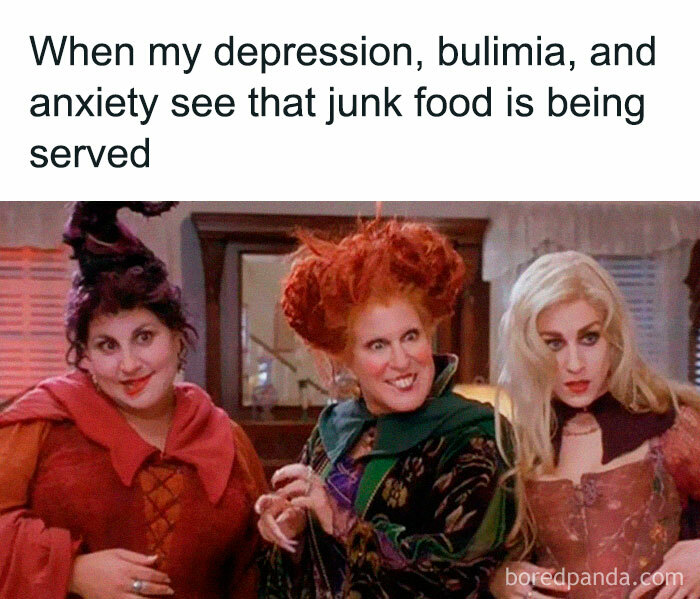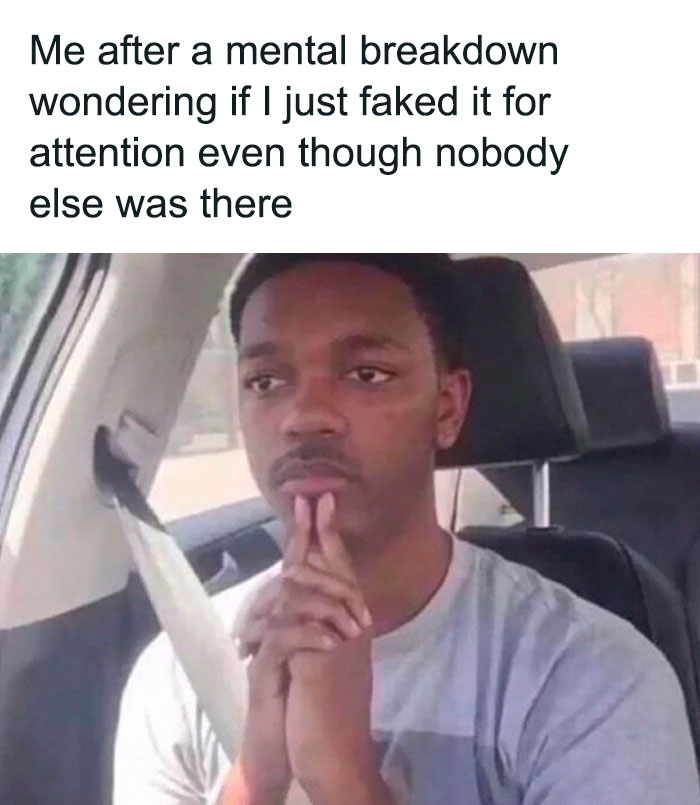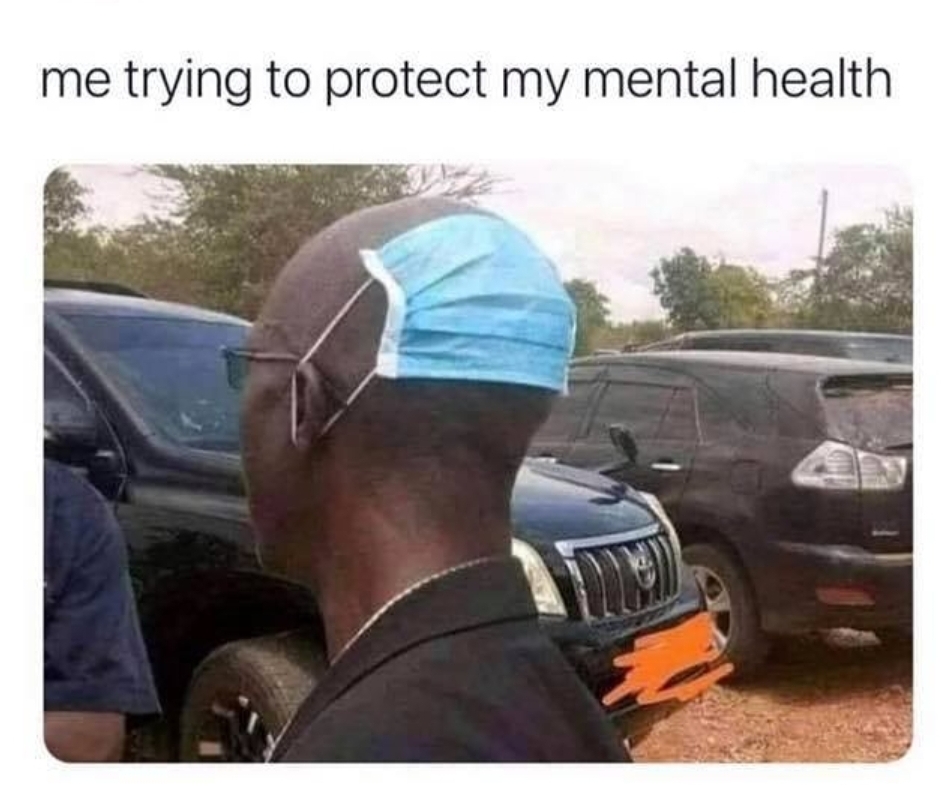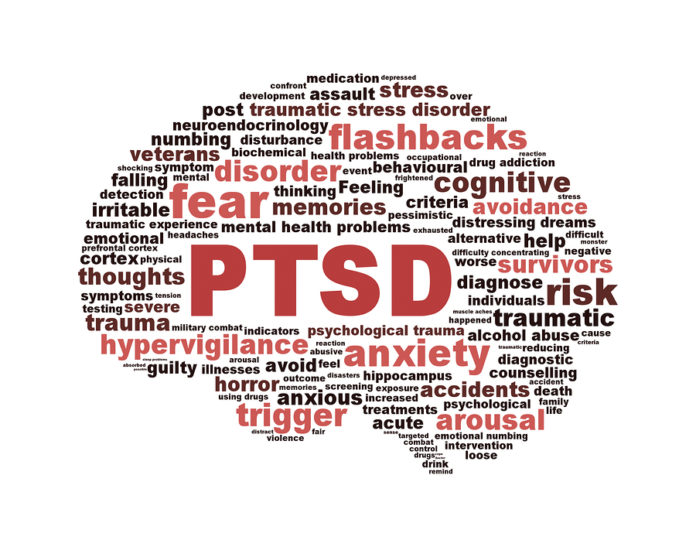Reflecting on my journey through Post-traumatic stress disorder (PTSD), I’ve come to recognize the profound impact that lighthearted memes and casual jokes about mental health can have on those who struggle with such conditions.
While memes often aim to bring levity, they can inadvertently trivialize the severity of mental health issues.

Imagine experiencing a stroke and losing control of your body—similarly, grappling with mental health challenges can feel like navigating a mind beyond your command.
Despite increased awareness about mental illness, there remains a pervasive lack of comprehensive understanding.

My personal journey began in February 2021, when I lost my father, Seidu Osman suddenly. The shock was overwhelming, leaving me unable to comprehend his absence.
Despite a complicated relationship, the reality of being fatherless hit me hard—I mourned the loss of future milestones we’d never share.
As I struggled to cope, I withdrew from social interactions, masking my pain to appear strong for my grieving mother, Mariam Ibrahim.
It wasn’t until I found myself isolated during school vacations that I realized something was amiss. I recognized I wasn’t depressed, but I certainly wasn’t okay.
After researching my symptoms, I discovered I was experiencing PTSD—a condition triggered by traumatic events.
The National Institute of Mental Health (NIMH) describes Post-traumatic stress disorder (PTSD) as a disorder that develops in some people who have experienced a shocking, scary, or dangerous event.
The condition may last months or years, with triggers that can bring back memories of the trauma accompanied by intense emotional and physical reactions.
Symptoms may include nightmares or flashbacks, avoidance of situations that bring back the trauma, heightened reactivity to stimuli, anxiety, or depressed mood.
With the support of my sister, Samira Ibrahim who played the role of counselor, I began to navigate the complexities of my mental health.
However, fallout with a childhood friend in August 2022 reignited my struggles, prompting my sister to seek professional help.
Unfortunately, my mother’s lack of understanding made seeing a psychologist challenging.
Undeterred, we took matters into our own hands, seeking alternative methods to manage my symptoms.
Through self-education and guidance from supportive friends, I embarked on a journey of self-medication and coping mechanisms.
Despite the hurdles, my experience underscores the importance of taking PTSD seriously and providing adequate support and treatment to those in need.
There’s a pressing need for society to move beyond superficial awareness and engage in meaningful discussions about mental health disorders like PTSD.

By prioritizing education, de-stigmatization, and access to affordable treatment options, we can create a more supportive environment for individuals living with PTSD.
Reflecting on my experience, I urge readers to contemplate the impact of memes and lighthearted approaches to mental health.
While momentarily soothing, they often fail to acknowledge the severity of our struggles.
Together, let’s foster a culture of understanding and compassion—one where those grappling with mental health challenges can find the support they need to heal and thrive.
Farida Seidu is the writer of this article; she is a national service person with Adomonline.com.

